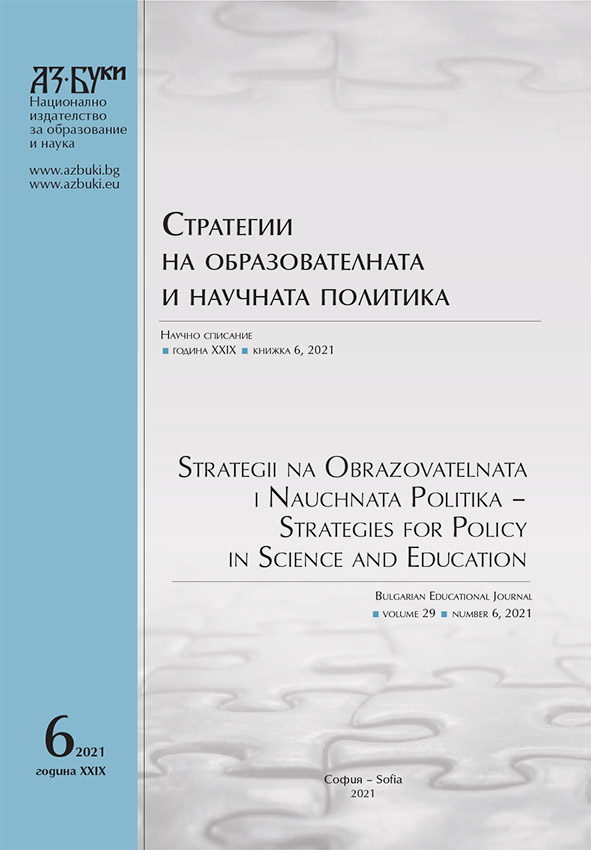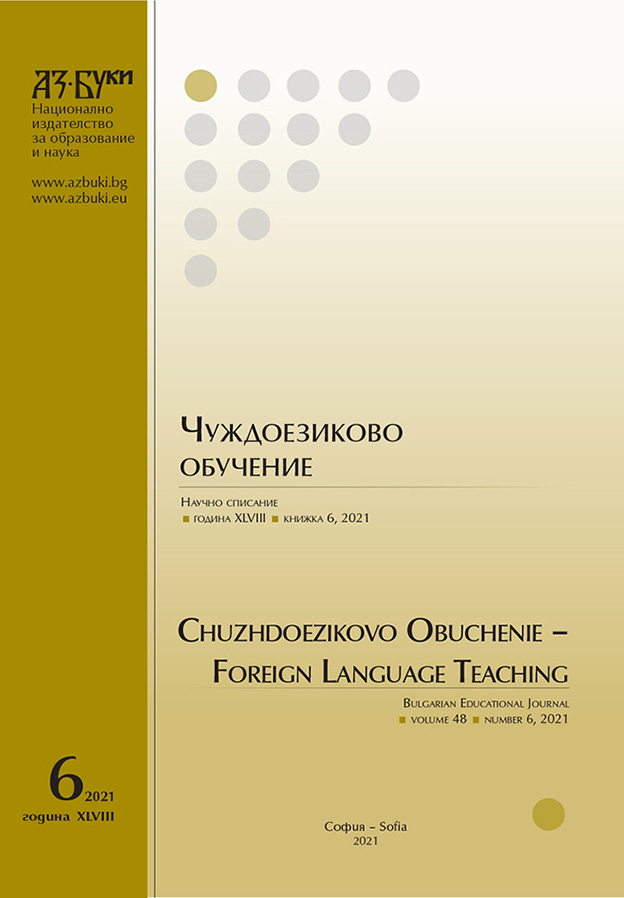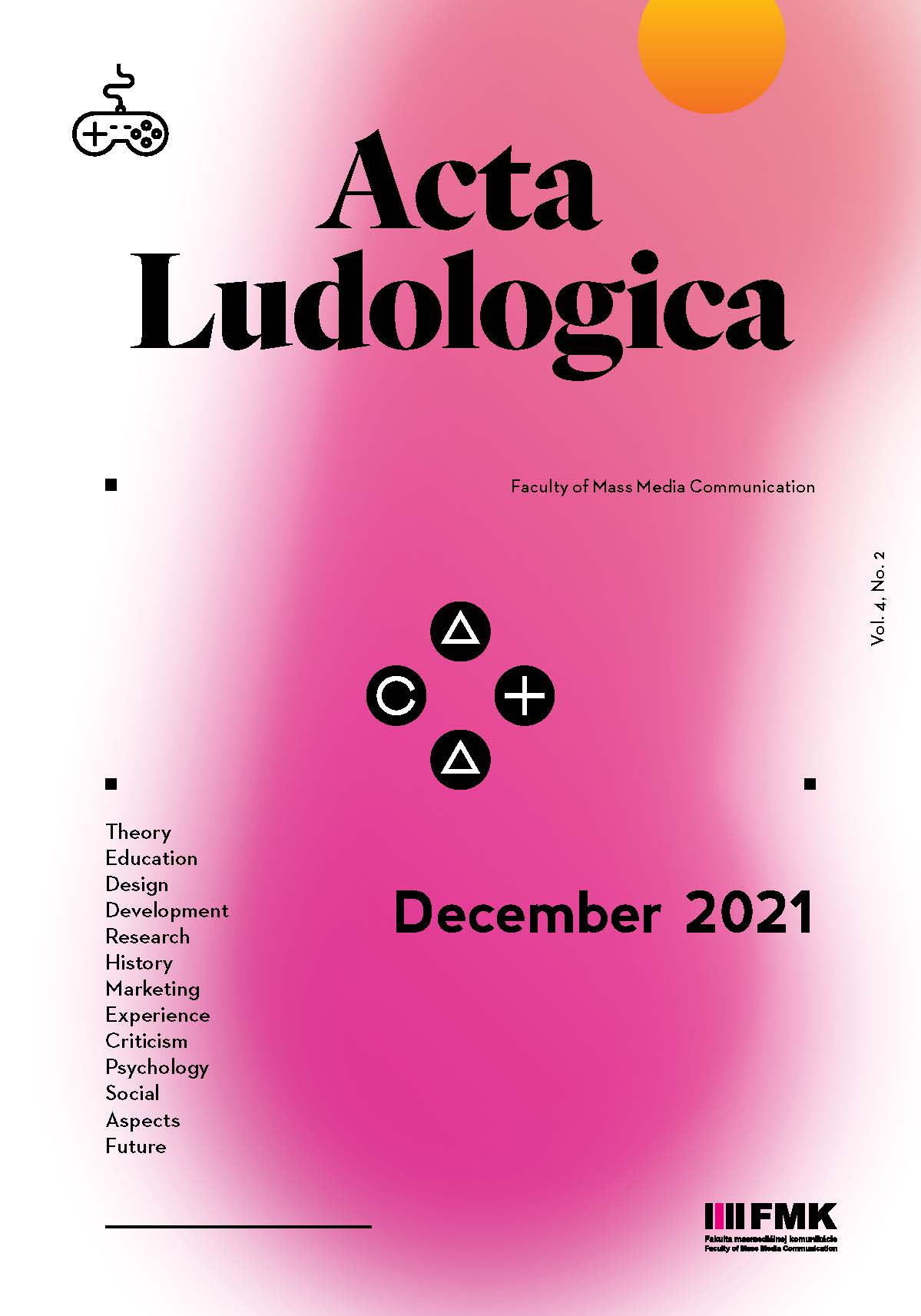
Защо студентите не учат, а работодателите не дават високи заплати?
The article examines the behavior of students and employers as abimatrix game. With the tools of game theory, it is generally proven that the optimal strategy for employers is to pay low wages, and for students – not to study or to study too little. These two strategies form the Nash’s equilibrium in pure strategies. No specific numbers were used in the evidence, but only plausible assumptions about the relationships between the used parameters. This generalizes the conclusions made in the general case of higher education. Such a study of the question using game theory has not been done yet.
More...


